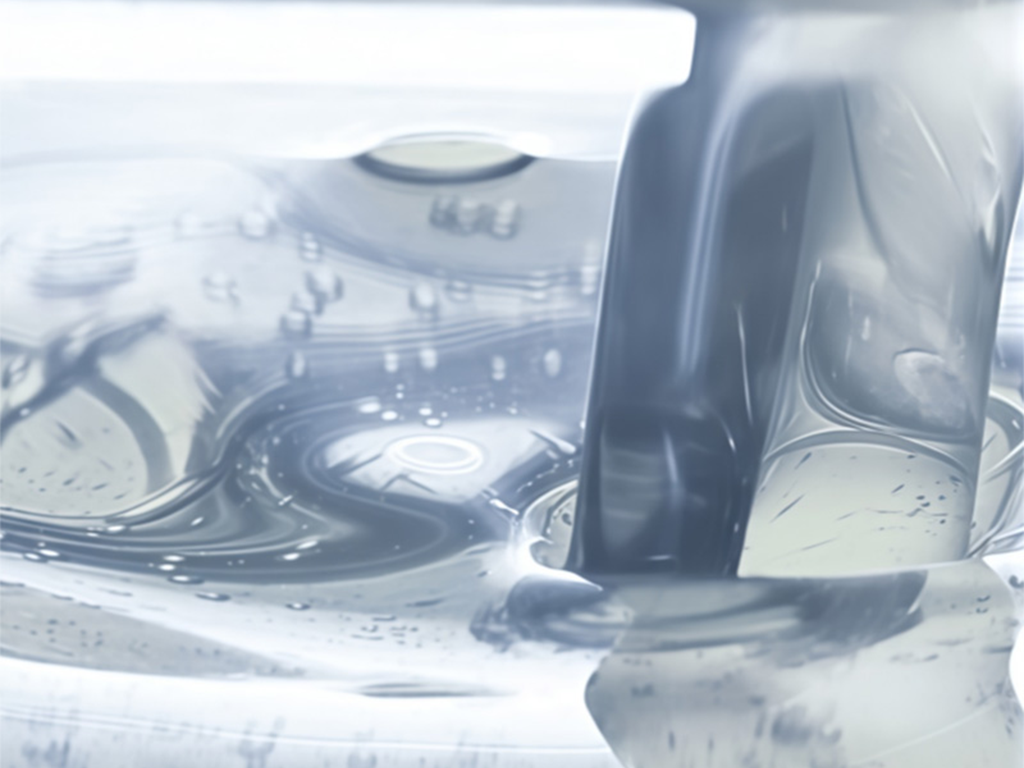Les prix des polymères acryliques sont influencés par les coûts des matières premières, les dépenses de production, le type de produit et la demande du marché. Les matières premières, telles que les monomères acryliques comme l'acrylate de 2-éthylhexyle et le méthacrylate de méthyle, constituent le principal facteur de coût, leurs prix étant liés aux matières de base pétrochimiques (propylène, butylène) dont les variations dépendent des prix du pétrole et de la capacité des raffineries. Par exemple, une hausse des prix du propylène entraîne une augmentation du coût de l'acide acrylique, ce qui fait grimper les prix des monomères et, par conséquent, ceux des polymères acryliques. Les dépenses liées à la production, notamment l'énergie (pour les réacteurs de polymérisation), la main-d'œuvre et les additifs (tensioactifs, amorçeurs), influencent également le prix de revient, les grands fabricants comme E Plus Chemical Co., Ltd. bénéficiant d'économies d'échelle (capacité annuelle de résine de 240 000 tonnes). Le type de produit affecte le prix : les émulsions aqueuses sont généralement plus coûteuses que les polymères à base de solvant en raison d'une formulation plus complexe, tandis que les polymères spéciaux (de qualité médicale, à hautes performances) bénéficient de prix plus élevés dus à leurs propriétés adaptées et à leur conformité réglementaire. La demande du marché, en particulier celle provenant des industries des adhésifs et des peintures en Asie-Pacifique, influence les tendances des prix : les périodes de pointe peuvent entraîner une hausse des prix, tandis qu'un ralentissement économique peut provoquer des baisses. Les facteurs régionaux, tels que les coûts de transport et les droits de douane, créent des disparités de prix. L'achat en gros permet souvent d'obtenir des prix unitaires réduits, les commandes plus importantes diminuant les coûts de manutention et de logistique. La politique tarifaire transparente d'E Plus Chemical reflète ces différents facteurs, équilibrant qualité et coût pour proposer des tarifs compétitifs pour des polymères acryliques performants et fiables.
